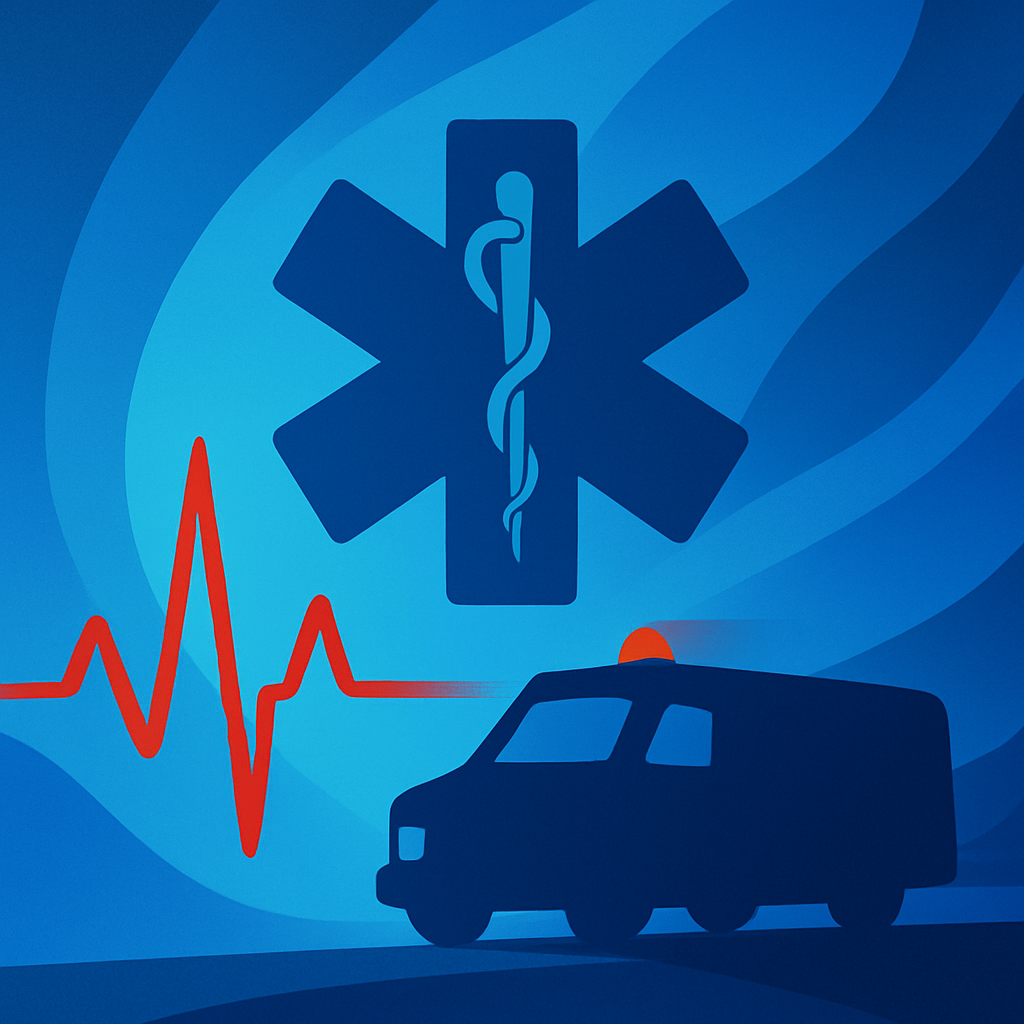
Dr. Alan Batt joins host Zach Cantor to dissect the evolving identity of paramedics. From the siren-blaring responder to the autonomous, research-driven clinician, they explore education, self-regulation, career pathways, and why it’s time for the profession to “move out of its parents’ basement” and embrace its full potential within Canadian healthcare.
Sponsored by:



Dr. Alan Batt
Associate Professor Alan M. Batt PhD PGCME MAcadMEd FHLA SFHEA
Dr. Alan Batt is Associate Professor of Paramedicine (adjunct) at Monash University, Paramedicine Program Lead and Assistant Professor (adjunct) at Queen’s University, and Assistant Professor (status) at the University of Toronto. He is Co-Chair of the McNally Project for Paramedicine Research, a Member of the Academy of Medical Educators, an Associate of the Prehospital Care Research Forum at UCLA, a Senior Fellow of the Higher Education Academy and a Fellow of the Healthcare Leadership Academy. His program of research uses mixed methods approaches to explore health professions education, with a focus on professional competencies, care of marginalized populations, and social and structural determinants of health.
Dr. Batt is an experienced paramedic clinician, educator, and researcher, and serves as a subject matter expert and advisor on paramedicine and health systems for governments and agencies nationally and internationally. He has attracted over $3.7m in grant funding, and has published over 190 articles, reports, and chapters in peer-reviewed and professional publications. He supervises several masters and PhD students exploring diverse areas of paramedicine. He led the development of key pan-Canadian projects including the National Competency Framework for Paramedics, Paramedic Education and Practice Guidance, Code of Ethics, and the Career Framework for Paramedics.
More: about.me/alanbatt
Key Discussion Points
-
Dual Identity – Emergency responder vs. community-centred clinician.
-
Evidence Gap – Only ~3 % of calls are arrests; nearly 6 % are mental-health-related, yet curricula still over-emphasise resuscitation.
-
Five Pathways – Clinical, Education, Leadership, Research, Policy/Strategy.
-
Career Framework Levels – Context-bound specialists (Level 2) to autonomous paramedic practitioners (Level 3+) and consultant-level leaders.
-
Education Roadmap – Three-year bachelor’s entry, one- or two-year bridge degrees for existing clinicians, postgraduate certificates, master’s, and potential PhD roles.
-
Self-Regulation – Why current Ontario oversight “infantilises” the profession and how independent regulation could unlock practice autonomy.
-
Retention & Flourishing – Creating goals, recognising prior learning, and funding academic advancement to keep talent in the field.
Memorable Quotes
-
“Every paramedic is one injury away from not being a paramedic anymore.”
-
“We’re the sum of all our contributions, not just the clinical pieces.”





Hi Zach,
I just listened to the most recent episode with Alan Batt. This was the episode I needed to hear to reinvigorate me with the profession. So thank you.
I sit on my service’s union’s local executive team and wanted to ask both you and Alan, what are some tangible discussion points we could be having with our management teams to progress the profession forward?
Thank you
James